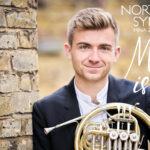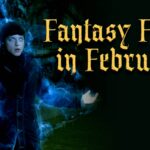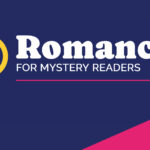
Banned Books Week (September 26-October 2, 2021) is an annual event spotlighting current and historical attempts to censor books in libraries and schools. It brings together the entire book community — librarians, booksellers, publishers, journalists, teachers, and readers of all types — in shared support of the freedom to seek and to express ideas, even those some consider unorthodox or unpopular.
The ALA Office for Intellectual Freedom tracked 156 challenges to library, school, and university materials and services in 2020. Overall, 273 books were targeted. Here are the “Top 10 Most Challenged Books of 2020,” along with the reasons cited for censoring the books.

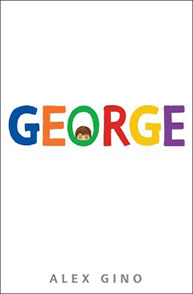
Reasons: Challenged, banned, and restricted for LGBTQIA+ content, conflicting with a religious viewpoint, and not reflecting “the values of our community.”
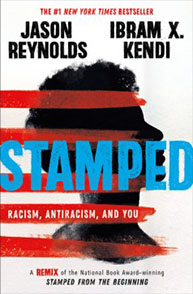
2. Stamped: Racism, Antiracism, and You by Jason Reynolds
Reasons: Banned and challenged because of author’s public statements, and because of claims that the book contains “selective storytelling incidents” and does not encompass racism against all people.
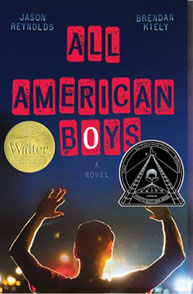
3. All American Boys by Jason Reynolds
Reasons: Banned and challenged for profanity, drug use, and alcoholism, and because it was thought to promote anti-police views, contain divisive topics, and be “too much of a sensitive matter right now.”
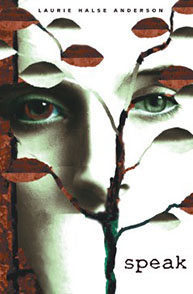
4. Speak by Laurie Halse Anderson
Reasons: Banned, challenged, and restricted because it was thought to contain a political viewpoint and it was claimed to be biased against male students, and for the novel’s inclusion of rape and profanity.
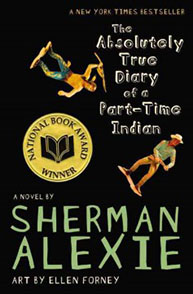
5. The Absolutely True Diary of a Part-Time Indian by Sherman Alexie
Reasons: Banned and challenged for profanity, sexual references, and allegations of sexual misconduct by the author.
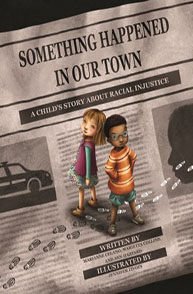
6. Something Happened in Our Town by Marianne Celano
Reasons: Challenged for “divisive language” and because it was thought to promote anti-police views.
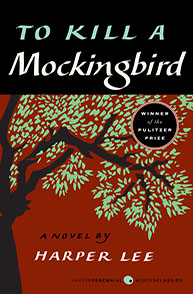
7. To Kill a Mockingbird by Harper Lee
Reasons: Banned and challenged for racial slurs and their negative effect on students, featuring a “white savior” character, and its perception of the Black experience.
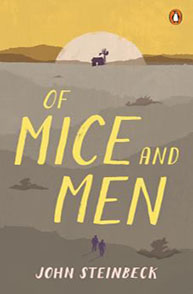
8. Of Mice and Men by John Steinbeck
Reasons: Banned and challenged for racial slurs and racist stereotypes, and their negative effect on students.
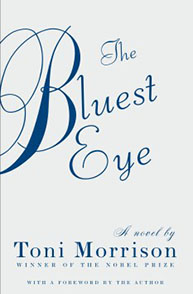
9. The Bluest Eye by Toni Morrison
Reasons: Banned and challenged because it was considered sexually explicit and depicts child sexual abuse.
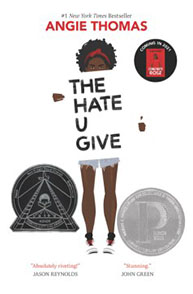
10. The Hate U Give by Angie Thomas
Reasons: Challenged for profanity, and it was thought to promote an anti-police message.
